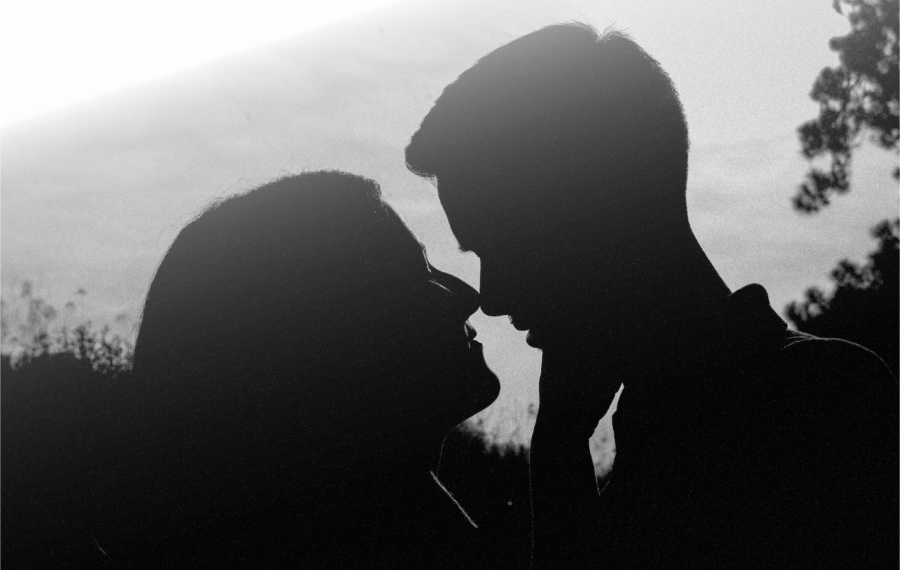Breaking the cycle: healthy relationships possible by moving beyond our pasts
December 16, 2022
Please be advised the below article might mention trauma-related topics that include domestic abuse and violence, which could potentially be triggering.
As I enter early adulthood, I have begun to think about the current trajectory of my life in a more serious light. Finances, careers, and relationships are a few recurring themes I tend to hyper-fixate on. Relationships, however, have always been something I’m inclined to prioritize.
For many, the first romantic relationship they are exposed to is their parents’. They kiss each other goodbye before work in your presence, hold hands in public alongside you, and have planted the seed of what love could look like in your head. However, for many others, the “love” demonstrated in their house did not look like an abundance of hand-holding and kissing. For many, violence may have been what they as- sociated with love.
One in three young people will be in an abusive or un- healthy relationship, according to DoSomething.org, a site dedicated to motivating young people to make positive change both online and offline through campaigns.
Often referred to as domestic abuse, domestic violence is defined as any pattern of controlling behavior in any relationship, particularly relationships involving spouses, intimate partners, or children. Domestic violence may be physical violence, sexual, economic, psychological, or emotional
abuse. Domestic abuse has no boundaries concerning age, ethnicity, religion, sexual orientation, or financial or social status. Abuse is when another person intentionally hurts or takes advantage of someone, according to The Better Help Editorial Team.
When young people grow up in the presence of an unhealthy relationship or domestic violence, it is easy for them to believe that love should look like the violence they witnessed growing up. As our parents are often the most influential people in our lives, we often unintentionally absorb, and then mirror, their habits, and behaviors.
I grew up in a household witnessing an unhealthy relationship, and I remember feeling as though I deserved to pursue a relationship that felt familiar to me rather than one that was healthy. However, a part of this problem was that I could not recognize what a healthy relationship was.
A healthy relationship’s foundation includes boundaries, communication, trust, and consent, according to New York State Teen Dating Abuse Awareness and Prevention.
Unfortunately, unhealthy relationships are cyclical and may appear as a pattern in a family’s history. Generation- al cycles of abuse are often perpetuated by those who have endured or witnessed an abusive relationship and found a sense of familiarity in that behavior when pursuing their own personal relationships.
So how do you break the cycle?
I started dating my current partner at the end of middle school. Breaking the self-perpetuated cycle meant first recognizing I was unsure what a healthy relationship would look like for me. My experience with love was unreliable. It’s difficult to admit or acknowledge you have no idea what you are doing, but crucial when navigating a healthy relationship.
Secondly, I try to never dismiss my intuition. Suppose I feel that a potentially harmful habit is being introduced into my relationship. In that case, I take a step back and observe the behavior and try to communicate with my partner to work through it. No relationship has zero issues, it’s about being able to recognize those problems as they happen and working to not repeat them.
Lastly, I acknowledge that I am a growing person both in and out of the relationship. Educating myself about what healthy relationships can look like via podcasts, books, productive conversations with mental health professionals, and even journaling, has helped keep me accountable on this pursuit and keeps me growing in a healthy direction.
There’s an importance behind being aware of the kinds of relationships we pursue and maintain. Everyone is deserving of healthy love. Whether you experience abuse growing up or not, everyone deserves a healthy relationship.
800-799-7233
If you or someone you know is a victim of domestic violence, contact the national domestic violence hotline for confidential assistance from trained advocates.



